Back to Latest News
What is a DPF System?
As we covered in an article recently, diesel engines operate differently to petrol engines and as such, require different emissions control systems to meet modern environmental regulations.
The large benefit of diesel fuel is that it packs more energy per litre than petrol does. This extra energy, combined with the much higher cylinder pressures is what makes diesel engines much more fuel efficient, everything else being equal.
While petrol engines rely on a spark plug to initiate combustion, a diesel relies on extremely high pressures and temperatures. The imprecise nature when it comes to how accurately this is timed is a big reason why diesels tend to have a reputation for being louder and have a less refined (read: rattly) sound than equivalent petrol engines.

A side effect of this imprecise combustion process is that NOx (nitrous oxides) and unburnt fuel can make its way through the engine and come out of the exhaust under some driving conditions. As part of tightening emissions control schemes, engineers have had to fit diesel vehicles with extra systems such as exhaust gas recirculation systems, diesel particulate filters, diesel exhaust fluid additive tanks and more.
What is a DPF?
Simply put, a Diesel Particulate Filter, or DPF, is a component of the exhaust system in a modern car, designed to capture unburnt fuel and soot from the exhaust system before it can escape into the atmosphere.
The filter takes in excess fuel, soot and NOx, and stores it until the DPF signals it requires a regenerative cycle to clean itself.
A DPF system that is properly functioning can reduce NOx emissions by between 30 to 90% depending on the manufacturer and specific application.
In a normal functioning system, the DPF is fitted with sensors that can relay the status of the filter back to your car’s brainbox, the ECU. When the filter is full, the vehicle will automatically initiate a regeneration phase, where the temperature in the exhaust will be raised to fully burn off.
How come my DPF light is on?
The DPF only has a finite capacity to store exhaust particulates, where it will signal the car to increase the exhaust temperature up to over 600 degrees celsius. This operation is automatically controlled and is usually accompanied by an indicator light on the dashboard.
During a DPF regeneration, the fuels, soot, and trapped NOx are heated and converted into harmless water and carbon dioxide.
.jpg)
Why doesn’t my DPF light turn off?
There are many reasons why a DPF system can fail. In the event of a failure, the light on your dash will either flash or permanently stay on. Check your vehicle’s manual for specific details about what your warning lights may mean.
The most common reasons we see for failures are:
- Mechanical issues, such as oil leaks, excessive fuelling or worn piston rings
- Failed or contaminated fuel additive systems such as Adblue
- Older systems where the DPF is clogged with fine soot that is unable to be burnt out
- Vehicles that do not see longer trips or highway use. Driving in too low of a gear can also cause regeneration not to start
- Poor aftermarket tuning
Your DPF filter will only attempt to regenerate when driven at highway speeds for 20 minutes or more. If you’re the type of driver who only makes quick inner city trips your vehicle may never have the chance to regenerate a clogged filter.
Once a DPF is too clogged that a standard regeneration will not resolve the issue, the filter must either be removed for cleaning or replaced. Replacement filters can come at a significant cost.
What can I do to look after DPF systems?
Remember that even in ideal conditions a DPF filter is a consumable item and will typically last between 100,000kms and 250,000kms depending on driving habits and the type of vehicle. The best way to get the most from a DPF system is to ensure you periodically take the vehicle on longer drives where a DPF burn can be completed and restore the filter to a state where it does not obstruct exhaust flow.
Contact the experts!
Donnellans the Tyremen don’t just do tyres. We are a group of five mechanical workshops that offer new tyres, wheels, logbook servicing, mechanical repairs and more. Use the link below to find the closest store to you and contact us today!
Contact us today
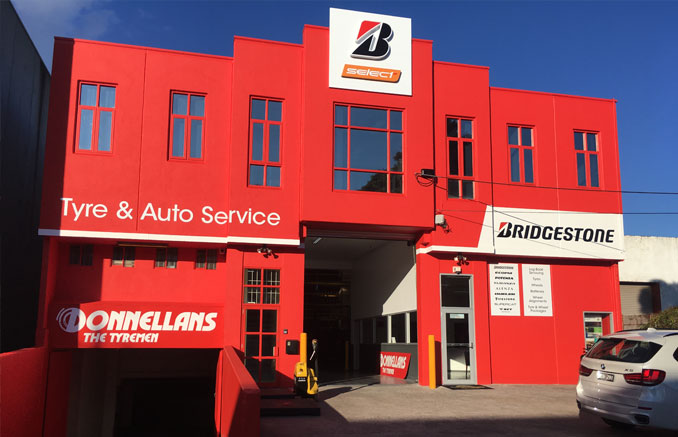
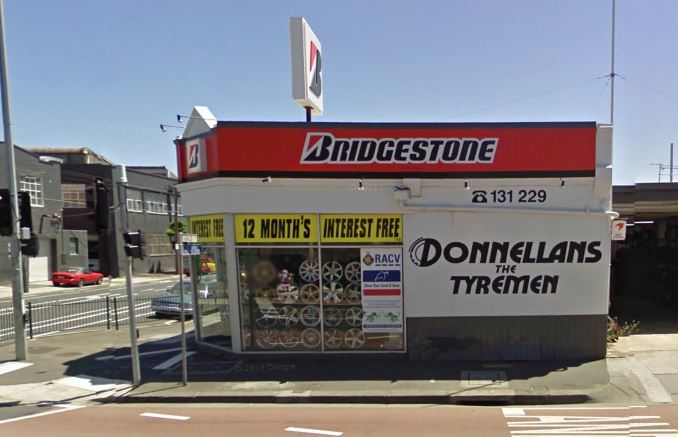
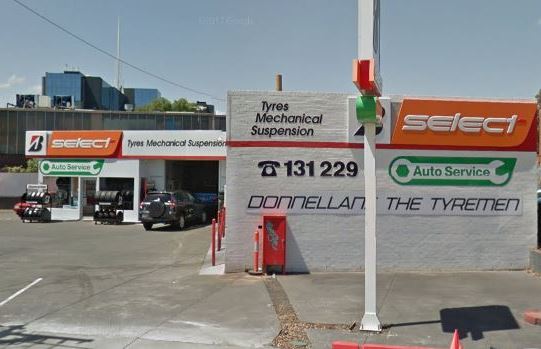
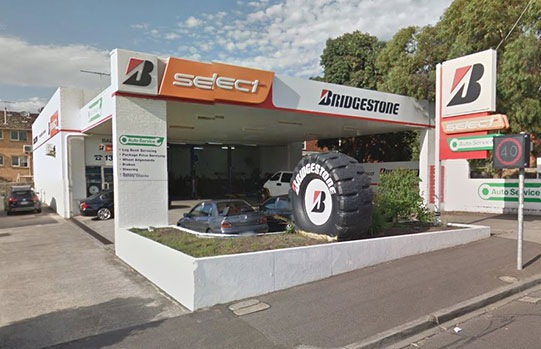
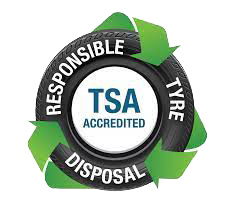


.jpg)